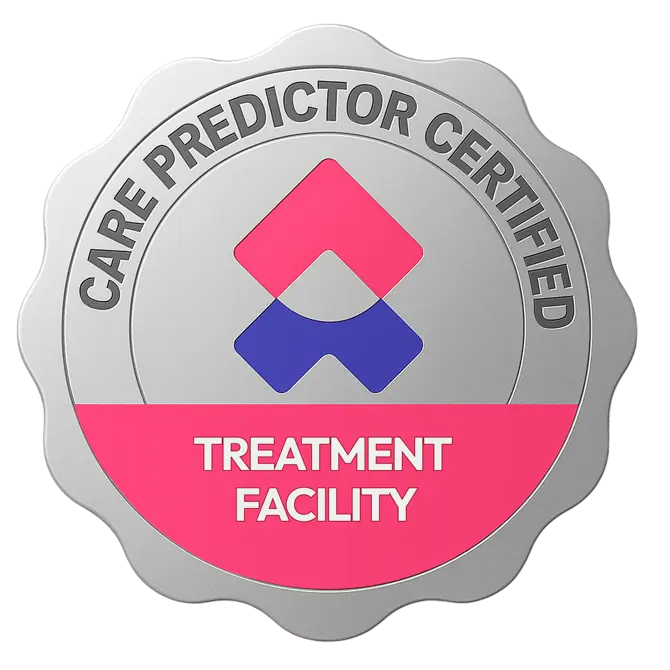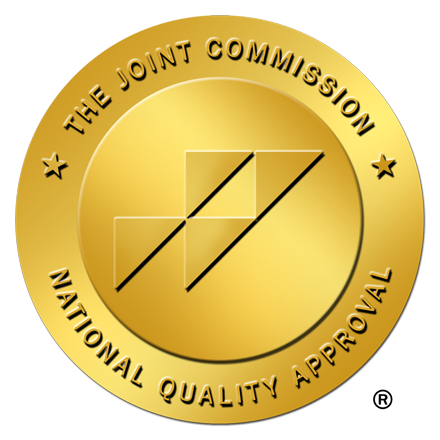When trauma & PTSD makes life unmanageable, Alter’s trauma-informed and healing-based therapies can help.
Trauma manifests as emotional distress, irritability, sleep disturbances, and can lead to self-harm or suicidal ideation in severe cases. By using evidence-based therapies for trauma, Alter gets to the root of what causes these symptoms, leading to lasting relief.

Instead of simply treating the symptoms of PTSD, Alter gets to the root of trauma and helps clients heal from a deep place.
Clients dealing with severe trauma and PTSD often begin treatment at a crisis stabilization or residential center. After completing those higher levels of care, they typically transition to a Partial Hospitalization Program (PHP) or Intensive Outpatient Program (IOP). We provide dedicated consultation services to help you find the best program for your needs.

While medication can help with the symptoms of PTSD, in order to truly heal, evidence-based healing modalities for treating the core of trauma are needed. Alter has three dedicated therapists who are able to provide EMDR and/or brainspotting for clients with extensive trauma.
All of our clinicians are trauma-informed and understand the role trauma plays in other mental health issues and addiction. Each treatment plan is catered to the individual client; some may benefit from trauma-focused CBT while others will heal through inner child work. Unlike other treatment centers, our team goes beyond symptom management to treat the root of issues.
Call Now for Program Availability
Contact our admissions team to learn about our programs and to check availability at our facilities, or submit your insurance to verify coverage.
“It is such a blessing to be in the hands of the best care our country has to offer!! I am grateful that they offer so many therapies to help you heal from PTSD, or any other disorders or addictions. There is no other facility that has the Spirit of God not only in the facility, but within every doctor, therapist, counselor, staff and team member. It’s a beautiful program that absolutely works!!”
– Amber T.!
Trauma and PTSD can significantly impact the entire family unit, causing disruptions in routines, heightened conflict due to increased stress and strain, and emotional distance among family members. The individual suffering from PTSD may experience challenges in parenting effectively, which can further strain family dynamics.
Family members witnessing their loved one struggle with PTSD may experience secondary trauma, exacerbating emotional distress within the household. As a result, social withdrawal and isolation can impact everyone in the family. To address these challenges, it’s crucial for families to foster open communication, seek professional support such as family therapy or counseling, and prioritize self-care to prevent caregiver burnout. If you’re at a crossroads and don’t know what to do about PTSD, don’t hesitate to call Alter for a free consultation.


The medical and clinical teams at Alter prioritize contact with the healthy family support networks listed by the client on their Release of Information (ROI). Depending on the client’s consent, we offer progress updates and share information about symptoms and medications with family members.
We also make sure families get proper psychoeducation and resources so they can fully understand their loved one’s diagnosis. When it’s most beneficial for the client, families are invited to participate in family therapy sessions, fostering a collaborative approach to support the client’s journey towards wellness.
Trauma refers to a distressing or disturbing event or experience that overwhelms an individual’s ability to cope and elicits feelings of fear, helplessness, or horror. Trauma can result from various situations, including but not limited to:
Post-Traumatic Stress Disorder (PTSD) is a mental health condition that can develop in some individuals who have experienced or witnessed a traumatic event. Traumatic events are situations that involve actual or threatened death, serious injury, or sexual violence, and can include experiences such as combat exposure, natural disasters, accidents, physical or sexual assault, and terrorist attacks.
PTSD is characterized by a range of symptoms that persist for an extended period of time after the traumatic event and can often go undiagnosed or underreported, as individuals may be hesitant to seek help or disclose their symptoms due to stigma, shame, or fear of judgment.
Trauma comes in many different forms. Post-traumatic stress disorder can be caused by any type of trauma. It’s also important to note that not everyone who experiences trauma will develop PTSD. Some examples of traumatic events include, but are not limited to:
Signs and Symptoms of Trauma:
Signs and Symptoms of PTSD:
Duration: Symptoms persist for more than one month and cause significant distress or impairment in social, occupational, or other important areas of functioning.
Call Now for Program Availability
Contact our admissions team to learn about our programs and to check availability at our facilities, or submit your insurance to verify coverage.
We accept most major insurance providers including the ones displayed here.










We accept most major insurance providers including the ones displayed here.
Submit your insurance to confirm coverage.




















Our facilities have been awarded prestigious recognition and certifications by adhering to rigorous guidelines and exceeding quality standards with consistent, safe & effective healthcare services.



Our mission is to advance the future of mental health care through innovative, evidence-based treatments, delivering excellence, fostering human connection with unwavering compassion that empowers every individual to thrive.
34270 Pacific Coast Hwy
3rd Floor
Dana Point, CA 92629
Questions? Call now to speak confidentially with an admissions counselor.